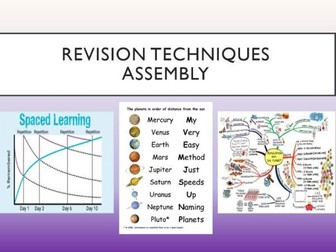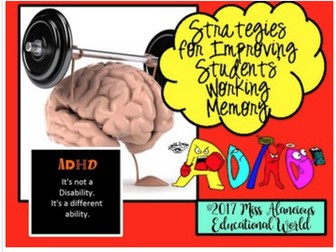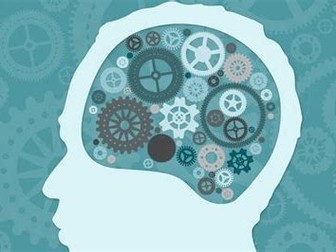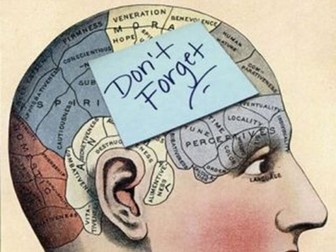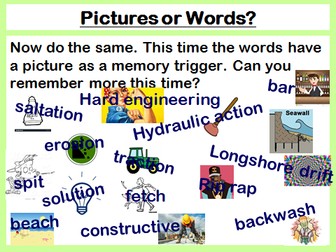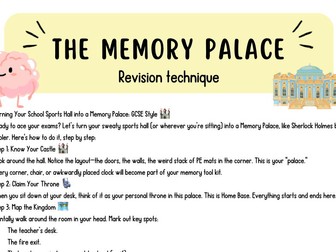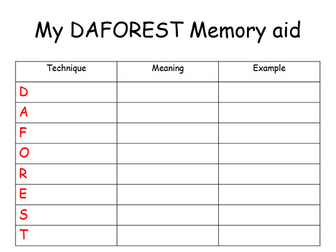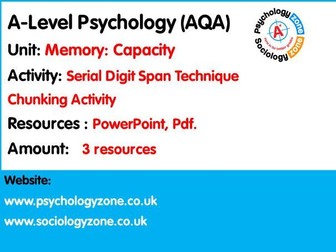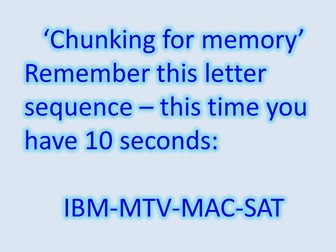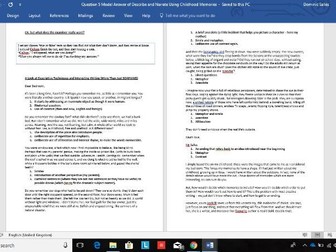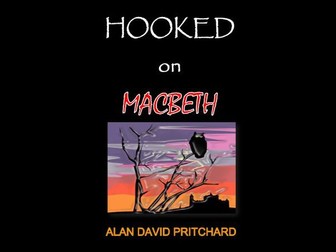Revision Techniques Assembly
An informative and engaging 35 slide assembly for students who are preparing for exams. This assembly introduces students to 9 different revision techniques, will full explanations and examples with each technique.
The assembly includes:
Spaced repetitions
Mnemonics
Annotating Work
Cue Cards
Mind Maps
Memory Journey
Past Papers
Posters and Diagrams
Q&A
Informative Video
Personal Reflection Questions
Please also visit my TES Assembly Store where over 100 assemblies are available on a huge range of topics.
LIMITED TIME OFFER
If you purchase this resource and leave a 5-star review, you receive any Ā£3 assembly from my store FREE!!
Leave a review and email Lee_Sullivan@hotmail.co.uk with your review confirmation and choice of assembly.
